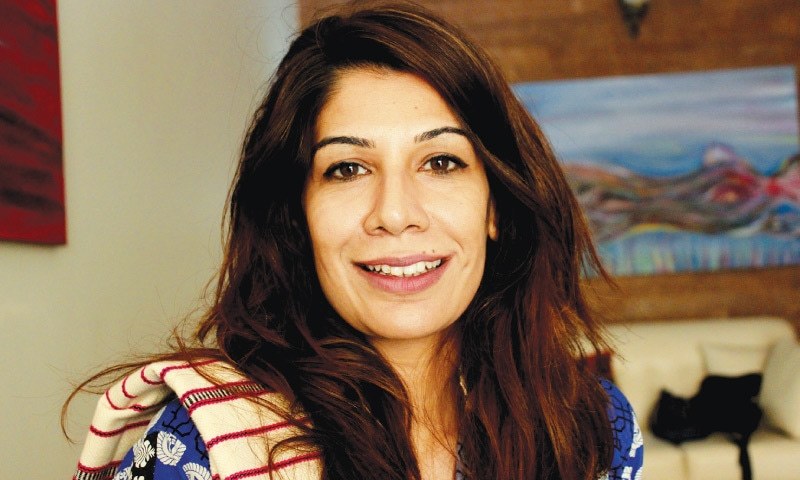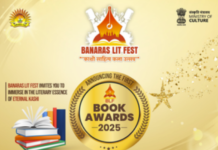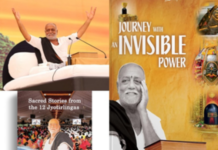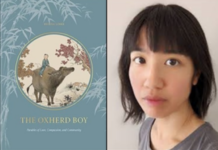By Somrita Ghosh
New Delhi– Indian publishing houses are fast becoming the preferred choice of writers from the neighbouring countries, with an increasing number of manuscripts from Pakistan and Sri Lanka doing well in India.
Yet, it is a tale of many contrasts. Many of the manuscripts were originally rejected in their home countries while they attracted curious attention from Indian publishers. The editors at these publishing houses say that being more open to experimentation with content, the journey of authors from countries like Pakistan and Sri Lanka becomes much easier.
“I found Indian editors much more understanding and supportive of the kind of narrative I wanted to write than those in the West. I think the fact that both Indians and Pakistanis live in nuanced societies struggling with modernity helps in debunking the exotic east or terrorist-Muslim kind of stereotypes that seem to form the expectations of Western publishers,” Sabyn Javeri told IANS in an email conversation from Pakistan.

Javeri has just published her first book “Nobody Killed Her” in India by HarperCollins. It’s a thriller based on political assassination of a leader, underlying the violent history in the subcontinent.
She says Indian publishers stick to their commitment and seldom flip flop on a decision regarding a manuscript. Her book, she claimed, was first acquired by a major international publisher but was later dropped. She expressed her happiness over the fact that “editors in India did not stop backing it” till it took its final shape — a full-fledged book.
She said in a booming industry, Indian publishers are at a juncture where they can afford to experiment with content, genre and writers, even as book sales were on the decline in the rest of the world.
Javeri’s book received critical acclaim in India. But she is just one of the many authors from Pakistan whose manuscripts have found a home in india. Haroon Khalid, whose first book “A White Trail: A Journey Into the Heart of Pakistan’s Religious Minorities” (Westland) too first found acceptance in India, has published two more books in this country.
“If I was publishing in Pakistan, there certainly would be some parts publishers would not publish. Publishers here (in Pakistan) can be a little more particular about what can be written and what not,” said Khalid in email answers.
“They (the publishing houses in Pakistan) are choosy and tend to avoid controversial stuff. There are certain topics that writers and publishers now know they can never talk about, given the events in the past few years,” Khalid responded to a question.
His second book “In Search of Shiva: A Study of Folk Religious Practices” (Rupa) was released in 2015 and his latest book “Walking with Nanak” has again been published by Westland.
The small number of publishers in Pakistan, Khalid noted, is a strong reason behind Indian publishing houses attracting more and more Pakistani authors.
Javeri also said that the publishing houses in Pakistan often ask authors to sign a legal undertaking that there is nothing defamatory or blasphemous or anti-national before being allowed to publish.
“I think the whole idea of censoring is restrictive to art,” Javeri maintained.
But what is the real driving force behind this immense interest in authors from the subcontinent to Indian publishers?
One possible reason is the similar culture and traditions make it easier for a Pakistani, Bangladeshi or Sri Lankan author to connect with his or her readers in India.
“The reviews and feedback I have got from India suggest that there is not much difference between what an Indian and a Sri Lankan audience likes. The lives, culture, class divides and respect for elders are all similar. They have had no issue in connecting,” says Sri Lanka-based author Chhimi Tenduf-La.
Chhimi’s first book “The Amazing Racist” was published by Hachette India in 2015. His latest book “Loyal Stalkers”, published by Pan MacMillan, was released this year. “I felt that an Indian audience may understand my stories, set in Sri Lanka, without me having to hold their hands,” Chhimi said. He said he didn’t submit or contact any publisher based in Sri Lanka as he “preferred to get rejected by publishers not from his country.”
There are other reasons for seeking publishing abroad. “We don’t offer advances to authors as we can’t afford them. Our books are mostly found in local bookshops as well as in countries like Australia, Singapore and the UK,” said Sam Perera, Precedent Partner, of a Sri Lanka based publishing house ‘Perera-Hussein’.
The Indian book market is also much larger than any of those in the neighbouring countries. A shared history often helps to attract the interest of readers. “There is a similar cultural sensibility and a mutual understanding of the cultural subtext that runs through our two countries,” Javeri said.
That’s true for other countries in the region too.














